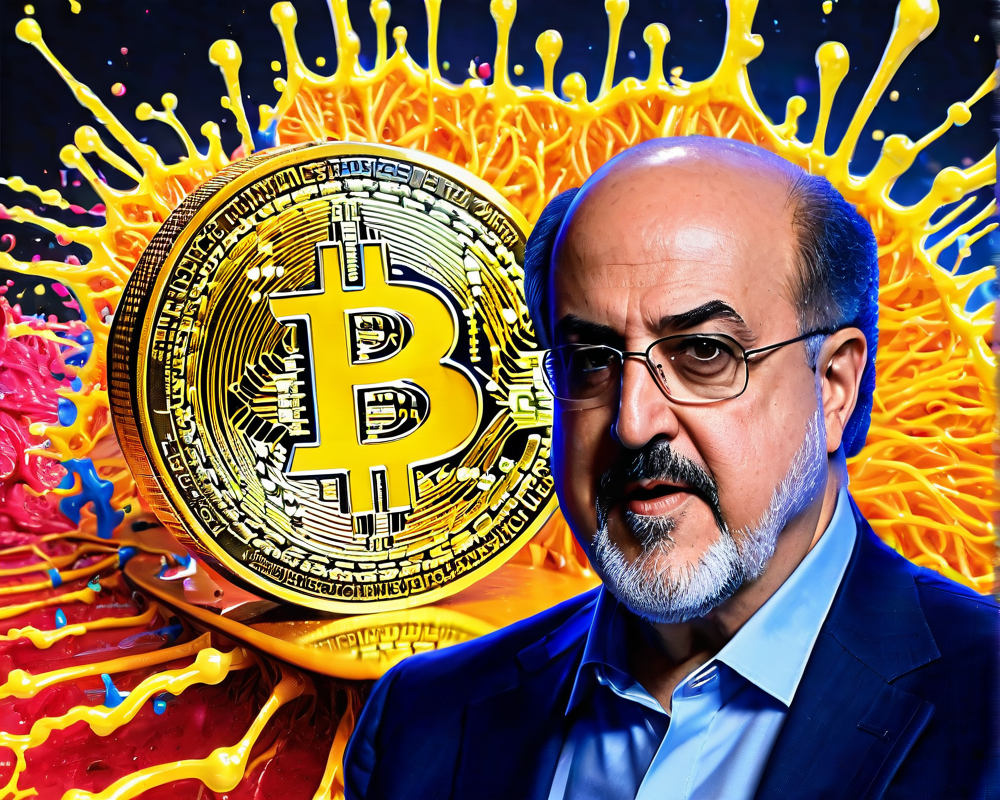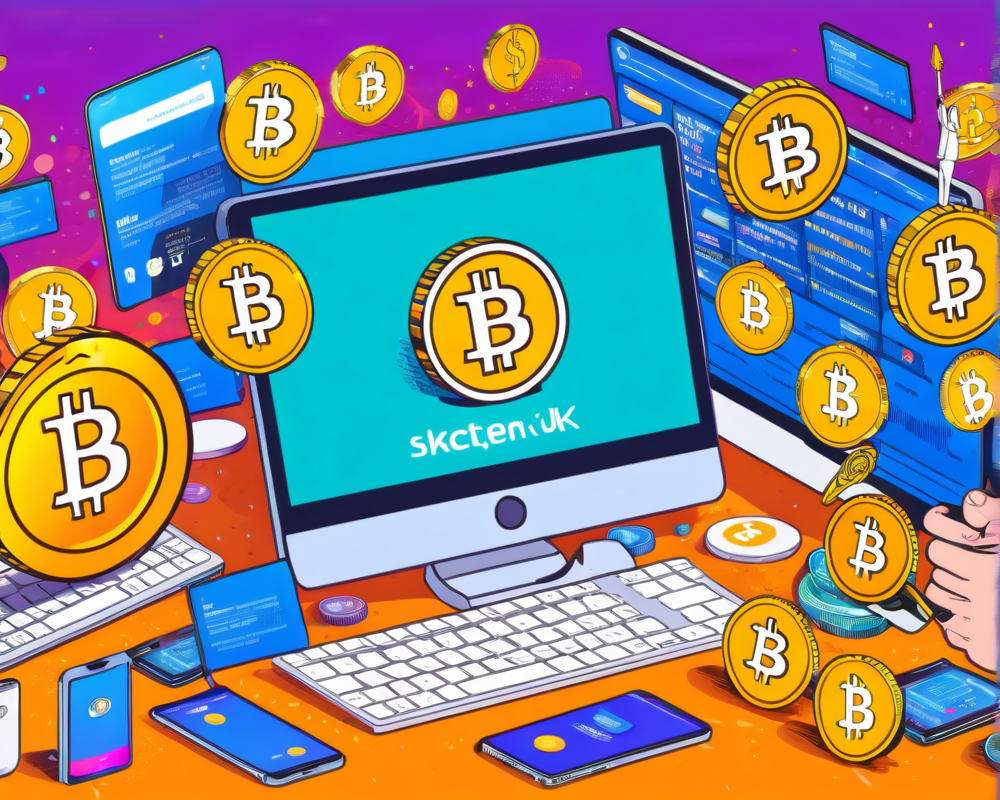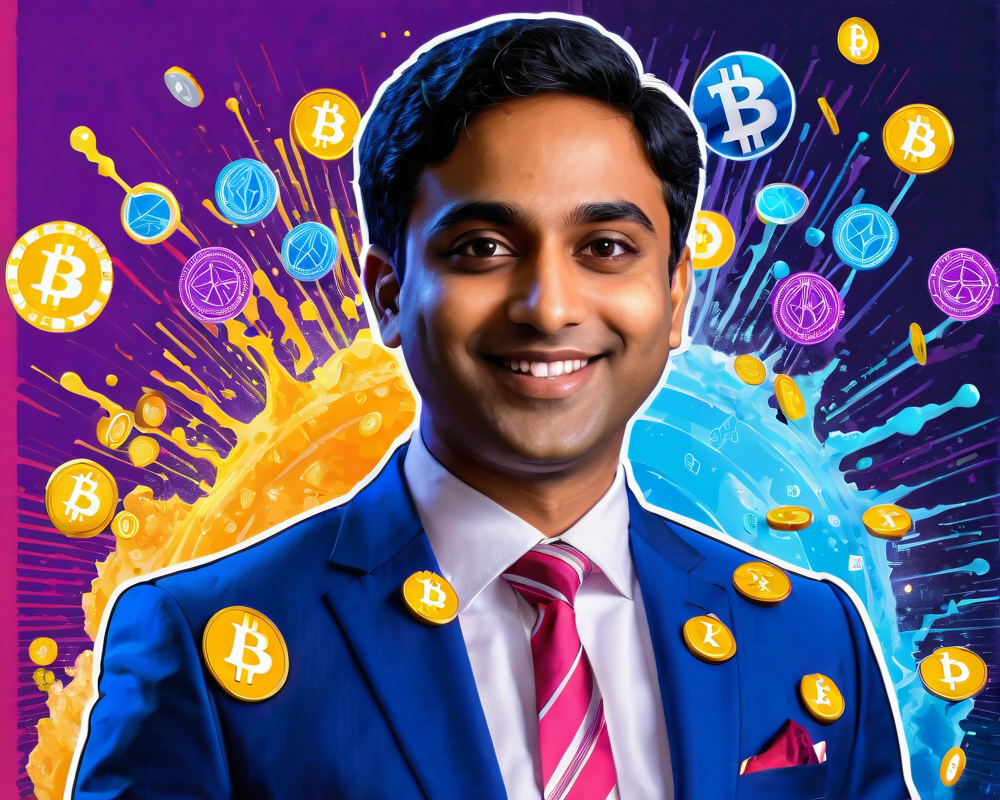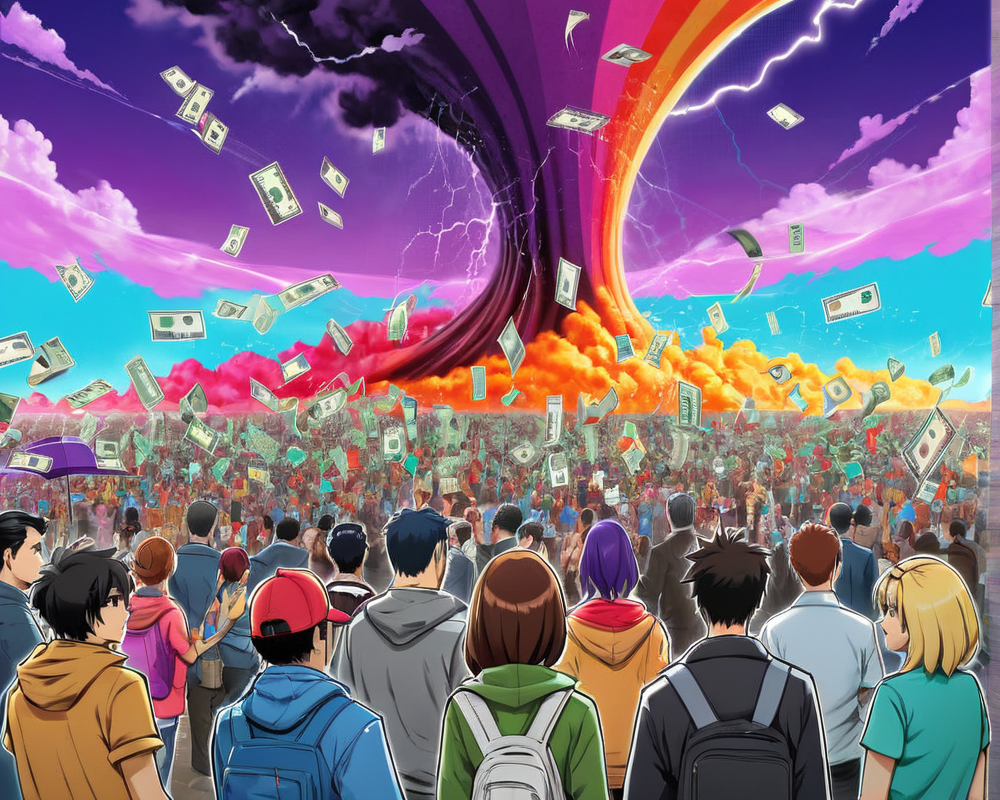Bitcoin: The Double-Edged Sword
Bitcoin, often hailed as a revolutionary asset that transcends national boundaries, has been tagged as a store-of-value by many enthusiasts. However, this digital currency is receiving high-profile criticism from notable figures like Nassim Taleb, who likens it to a Ponzi scheme and questions its validity as a hedge against inflation.
Taleb’s Take: No Economic Ties
In a recent CNBC interview, Taleb stated bluntly, “There’s no connection between inflation and the coin. None.” Although he’s known for stirring the pot with his controversial opinions, he backs up his claims with a simple analogy: Imagine hyperinflation rolling through an economy while Bitcoin plummets to zero. Taleb suggests that the correlation that many investors deem essential simply doesn’t exist.
The Fallacy of Bitcoin as a Currency
Interestingly, Taleb’s skepticism isn’t new; he previously offloaded his Bitcoin holdings due to its notorious volatility. While his criticism typically targets Bitcoin’s functionality as a currency, he acknowledges its shifting role towards being a store of value. In his perspective, viewing Bitcoin solely as a currency leads to misguided beliefs about its stability and reliability.
Appreciating the Underlying Technology
Despite his critiques, Taleb does recognize the sophistication of Bitcoin’s underlying technology. He described the cryptographic system powering Bitcoin as “beautifully set up” and “well made.” Yet, he firmly believes this doesn’t justify its financial credentials, stressing that it’s fundamentally disconnected from economic principles.
Alternative Investment Strategies
So if Bitcoin isn’t the answer, what should you consider? Taleb suggests tangible assets, particularly land. “If you want to hedge against inflation, buy a piece of land. Grow, I don’t know, olives on it,” he said, emphasizing the value of having a cash-generating asset rather than placing faith in an unpredictable digital currency. In Taleb’s view, olive oil might offer more peace of mind than a Bitcoin wallet.
A Gimmick or a Game-Changer?
Taleb’s strident remarks don’t stop at questioning Bitcoin’s efficacy; he boldly calls it a gimmick. His stance shines a light on the divide between those who see Bitcoin as digital gold and the skeptics who see it as the emperor’s new clothes. After all, in 2020, Taleb didn’t hold back his thoughts, calling many Bitcoin supporters “idiots” for their perceived misconceptions of economic fundamentals.
Conclusion: Mindset Matters
The debate over Bitcoin highlights a fundamental question: is it a beacon of financial innovation or just a fleeting trend? While enthusiasts urge grasping its potential as a hedge against economic uncertainty, Taleb’s critical lens serves as a reminder that healthy skepticism is equally important in navigating these volatile waters.




